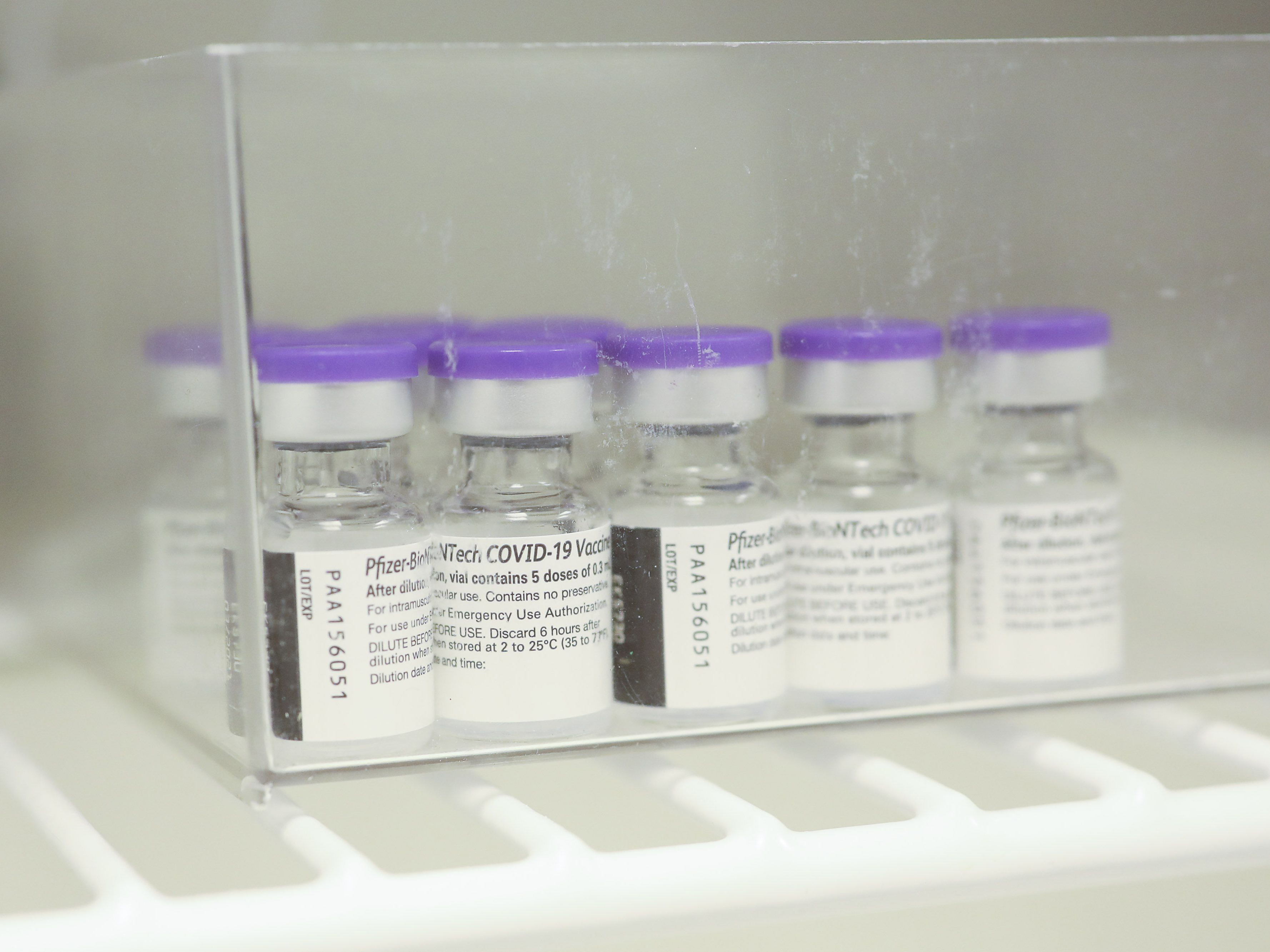
Think Tank
Alternative Energy Is Key to Accelerating the Vaccine Cold Chain

One of the biggest challenges with vaccine distribution is temperature control. Health are organizations in virtually every state have made local headlines after their vaccine doses spoiled when they failed to keep them sufficiently cold. COVID-19 vaccines must be kept at extremely low temperatures from the moment they’re manufactured to the minute they’re provided to a patient. For the Pfizer Inc. and Moderna Inc. vaccines, this is generally between -20 and -86 degrees Celsius. Any failure to maintain those temperatures, even for a couple hours, can ruin the vaccines.
Safely storing and transporting vaccines in these conditions and at such massive scale poses a major hurdle that existing supply chains aren’t equipped to handle. According to the World Health Organization, before the current pandemic, roughly 50% of all vaccines had to be discarded worldwide every year due to improper handling and failed temperature control. COVID-19 vaccines must be kept colder than most other vaccines and need to be delivered in much larger volumes: this makes safe storage and distribution even more challenging. Existing cold-chain storage technology is expensive and uses conventional, inefficient and failure-prone power sources, making it difficult to support large-scale distribution.
Ultra-low temperature (ULT) freezers are a brand-new product that enable organizations to store and transport COVID-19 vaccines at very cold temperatures. ULT freezers have just begun hitting the market in the past couple of months. Leveraging state-of-the-art technology, these freezers offer major promise to improve vaccine distribution. However, most of the units still rely on conventional power sources, which will ultimately limit their effectiveness and prevent them from reaching certain localities. It only takes one outage to ruin thousands of doses, cause millions of dollars of loss and put people and entire communities at risk.
Alternative energy is the missing piece of the puzzle. In order to quickly and effectively support the distribution of 600 million vaccines across the U.S., ULT freezers must draw on battery, wind and solar energy to power themselves. Renewable energy will ensure that the freezers can survive outages and maintain extremely cold temperatures at all times. The logistics are simple: Solar panels can be installed at the top of a unit, automatically deploying when a freezer is outside during the day to collect energy. Similarly, 10-20-foot wind turbines can sit on a corner of the roof, generating power when the right conditions are present outdoors. By using solar panels and wind turbine masts that are retractable, the freezers can easily fit inside warehouses and storage facilities, as well as on trucks, trains and ships during transportation.
Using alternative energy, ULT freezers will not only work more reliably, they’ll also be able to reach areas they couldn’t previously serve. Rural areas, developing countries and makeshift ICUs face a particular challenge in keeping vaccines at extremely cold temperatures. ULT freezers that use conventional power sources must eventually be connected to significant external energy supplies when arriving at their destination. Remote locations and temporary ICUs (such as those set up in parking lots) often lack sufficient energy supplies, and thus can’t support ULT freezers at all. Instead, these locations must rely on cardboard boxes and dry ice to keep the vaccines cold once they’ve received them. This is a crude approach that often fails. But with alternative energy sources delivering constant power off the grid, vaccine freezers can finally reach these areas and operate onsite effectively.
The pandemic has taken a tremendous toll on the U.S. and the world, and could easily go down as the greatest crisis of the 21st century so far. Luckily, with the swift development of vaccines and effective public health measures, there’s now an end in sight. But to truly put COVID-19 behind us, we must rapidly improve vaccine distribution before new strains get out of hand and make all our existing efforts moot. New ULT freezers have made that possible. However, to fully support the mass distribution of COVID-19 vaccines, these freezers must employ alternative energy-based power sources.
Edward Collins is chief executive officer and founder of Vaccine Pods.






